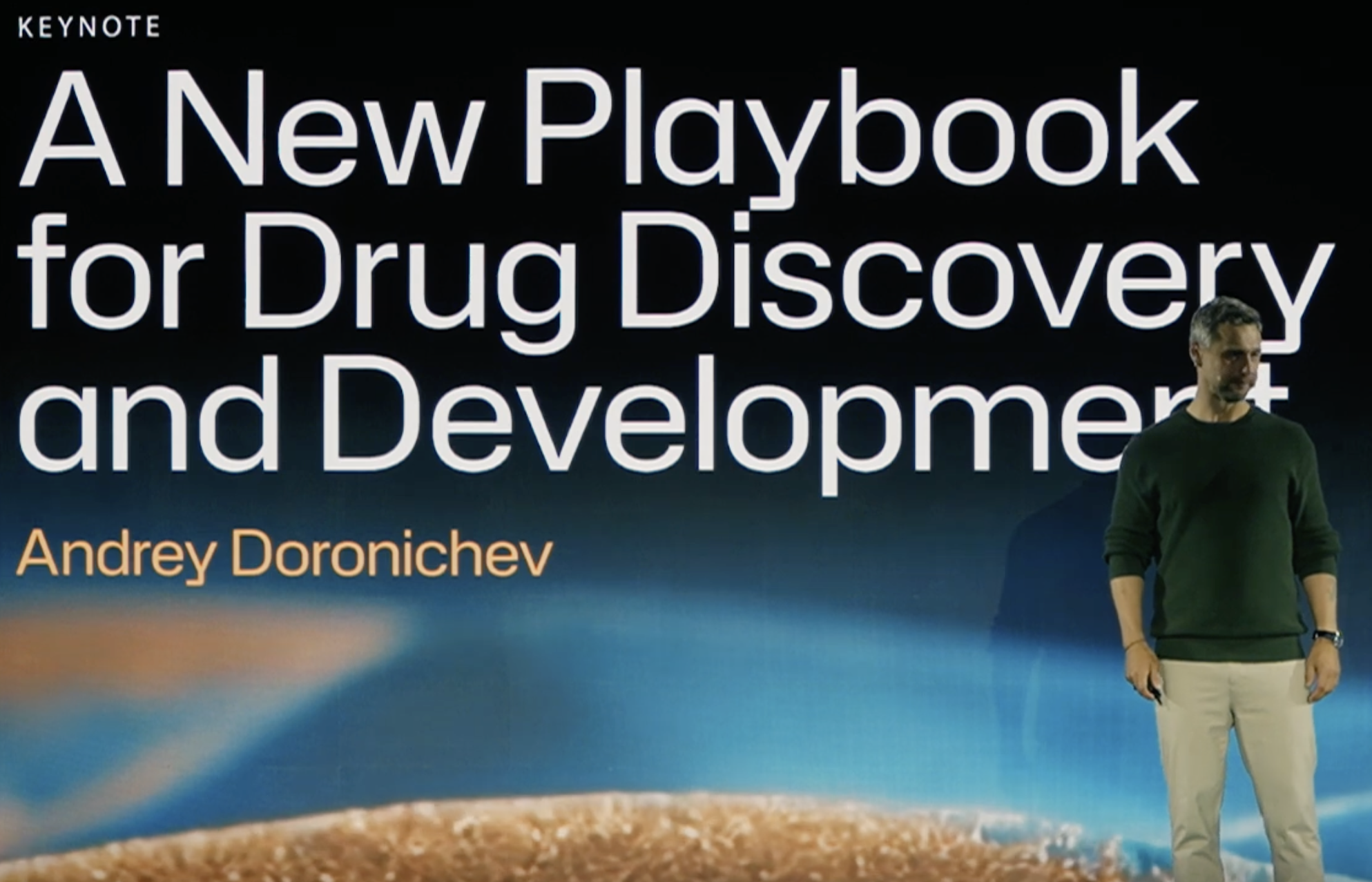We’re thrilled to share that Bioptic made a significant impact at the 38th Annual Conference on Neural Information Processing Systems (NeurIPS) 2024, held in Vancouver, Canada. On December 2, 2024, our team participated in the “AI for Accelerated Materials and Molecular Discovery” workshop, where we also celebrated a major achievement: a gold medal win in the Leash Bio competition (BELKA) on Kaggle. This milestone underscores Bioptic’s leadership in AI-driven drug discovery and our commitment to advancing the field through innovative solutions. In this blog post, we explore the NeurIPS workshop, our team’s contribution, and what this win means for Bioptic.

About the NeurIPS Workshop and BELKA Competition
The NeurIPS Conference is a globally recognized event for machine learning, artificial intelligence, and computational science, ranking alongside conferences like ICLR and ICML. Held at the Vancouver Convention Center from December 10–16, 2024, NeurIPS 2024 featured a robust program of talks, posters, and workshops. The “AI for Accelerated Materials and Molecular Discovery” workshop, held on December 2, focused on leveraging AI to accelerate the discovery of novel molecules and materials, with applications in pharmaceuticals, energy, and beyond.
A highlight of the workshop was the Big Encoded Library for Chemical Assessment (BELKA) competition, hosted on Kaggle by Leash Biosciences. BELKA provided a massive dataset of approximately 3.6 billion physical binding measurements between 133 million small molecules and three protein targets, generated using DNA-encoded chemical library technology. The competition challenged participants to develop AI-driven methods for searching drug-like chemical spaces, addressing the challenge of navigating the estimated 10^60 possible compounds. This initiative aimed to move beyond traditional, time-intensive laboratory testing by enabling virtual screening of vast chemical libraries.
Bioptic’s Contribution and Achievement
Bioptic’s participation in the NeurIPS workshop was marked by a standout achievement: Vlad Vinogradov, a key member of our team, secured a gold medal in the BELKA Kaggle competition. Vlad’s award-winning solution demonstrated exceptional proficiency in predicting binding affinities between small molecules and protein targets, showcasing the power of AI in virtual screening. During the workshop, Vlad presented his work, sharing the methodology behind his winning solution and its implications for accelerating drug discovery.
Vlad’s contribution builds on his earlier involvement in creating the BELKA dataset, where he collaborated with Bioptic team members Ian Quigley, Andrew Blevins, Nate Wilkinson, Maxwell Kleinsasser, Victor Shlepov, and Jonathan Hsu. His presentation highlighted how AI-driven solutions, like the one developed for BELKA, can transform the way researchers identify promising drug candidates, reducing the time and cost associated with traditional methods.
Impact on Bioptic and the Industry
The gold-medal win and participation in the NeurIPS workshop underscore Bioptic’s role at the forefront of tech-bio innovation. The BELKA competition aligns with our mission to harness AI for drug discovery, as seen in our own virtual screening pipeline, which uses SMILES-based large language models (LLM) and graph neural networks (GNN) to process billions of compounds in seconds. This success demonstrates the potential of AI to address one of the biggest challenges in drug discovery: efficiently navigating vast chemical spaces to find viable therapeutic candidates.
This achievement also reflects the growing importance of AI in the biotech industry, a trend highlighted at events like the J.P. Morgan Healthcare Conference 2025. By excelling in BELKA, Bioptic is contributing to a broader movement to make AI a cornerstone of modern drug development, paving the way for faster, more cost-effective discovery of life-saving therapies.
Looking Ahead
Our success at the BELKA Kaggle competition and participation in NeurIPS 2024 mark a proud moment for Bioptic. The insights gained from the workshop and Vlad’s presentation will fuel our ongoing efforts to develop innovative therapies, such as our selective VEGFR-3 inhibitors for cancers like papillary thyroid cancer. We’re excited to continue building on this success and collaborating with the global research community to bring impactful solutions to patients.


.png)
